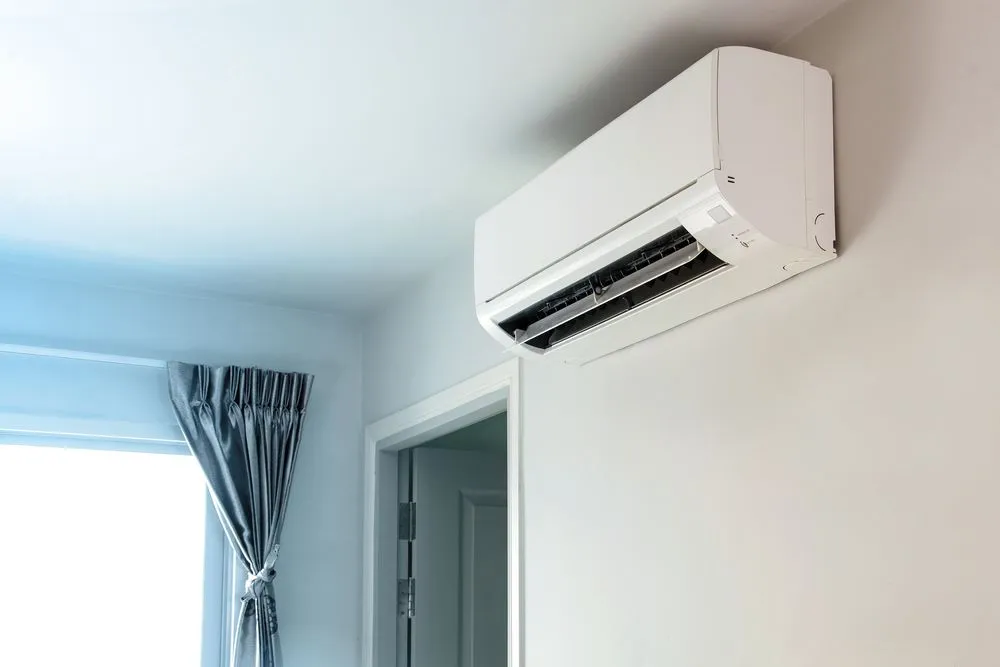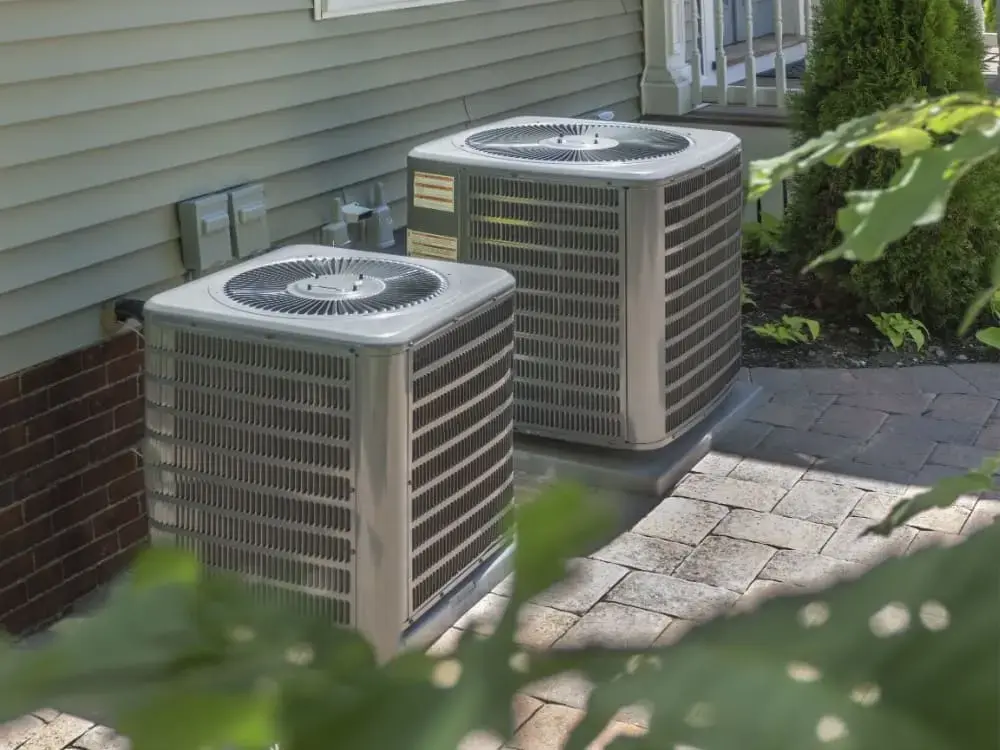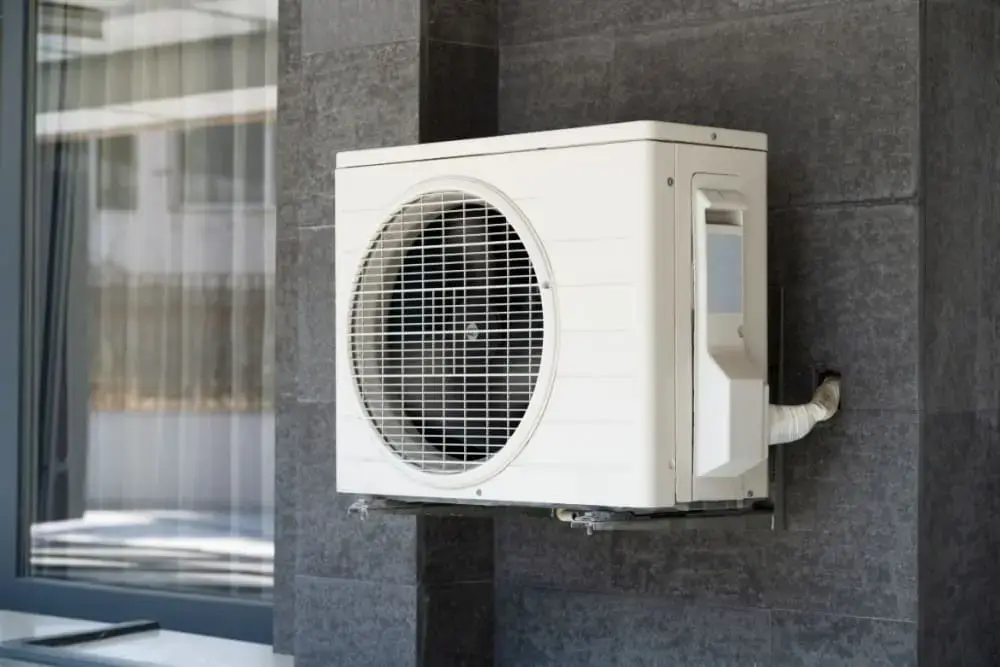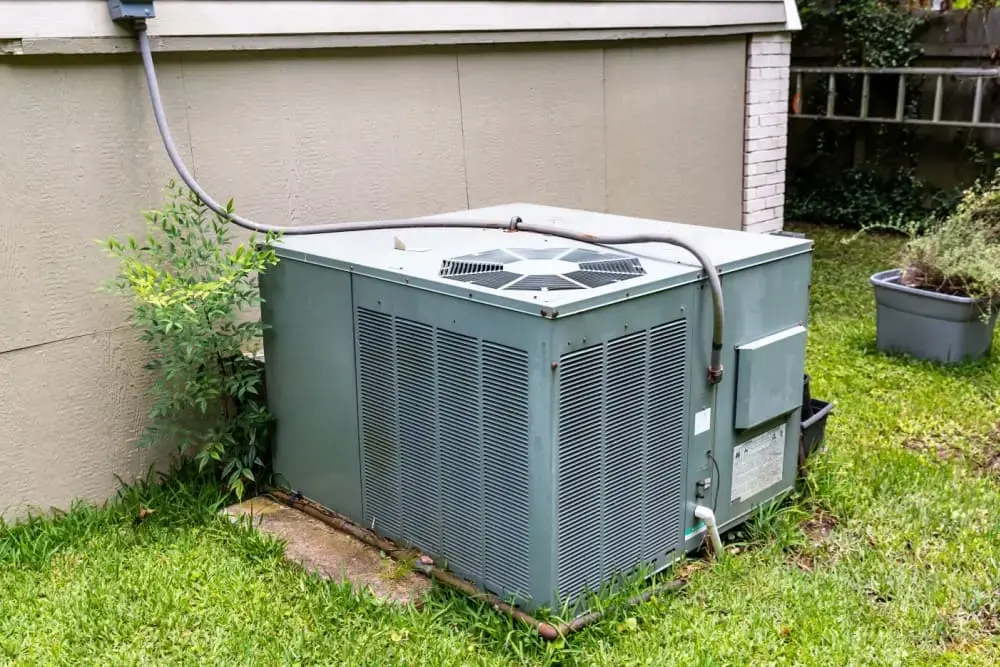After assessing energy efficiency in the place that you want the HVAC system installed, and you want to choose a good system for your needs, then you can look at these four types of HVAC systems, namely; the Duct-free split system, the Packaged system, the Hybrid heat split system, and the Split system.
The latest systems provide a variety of options, including fan speeds and multiple speeds of heating and cooling.






